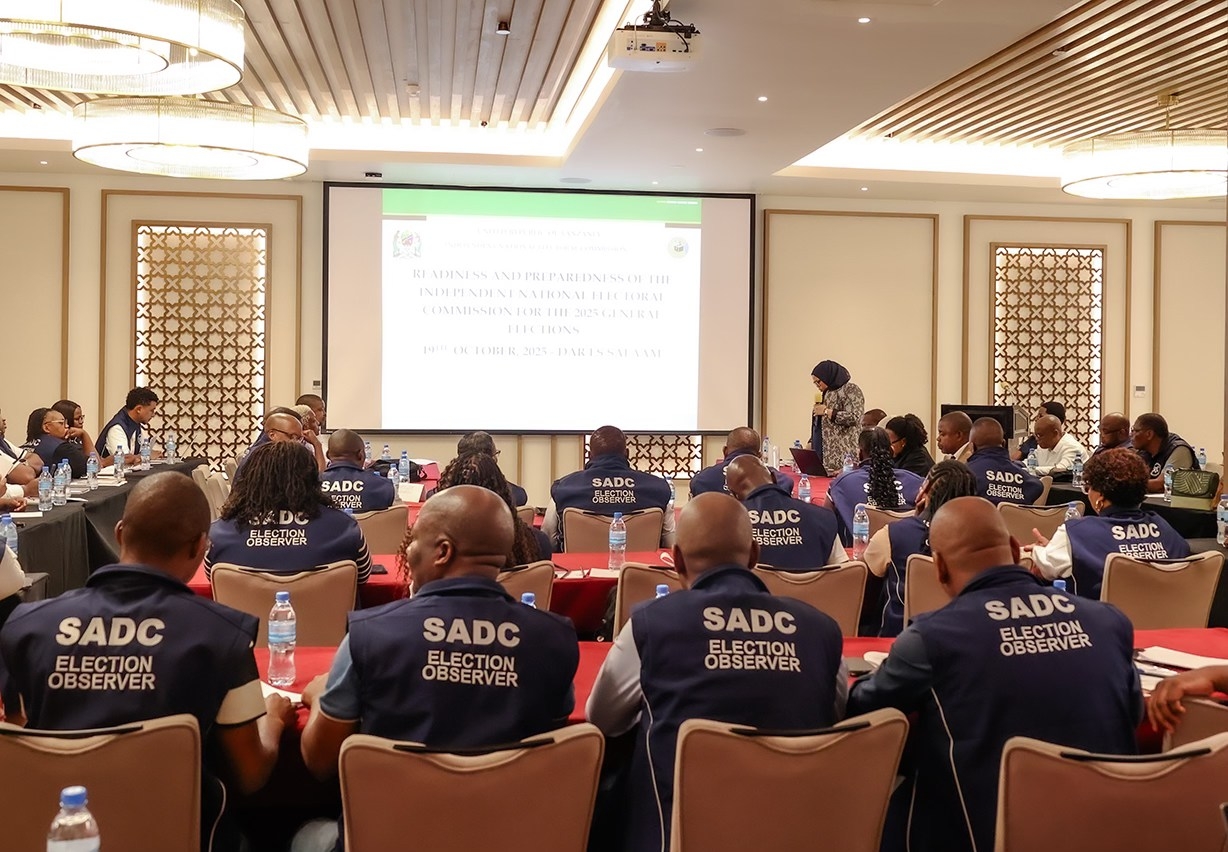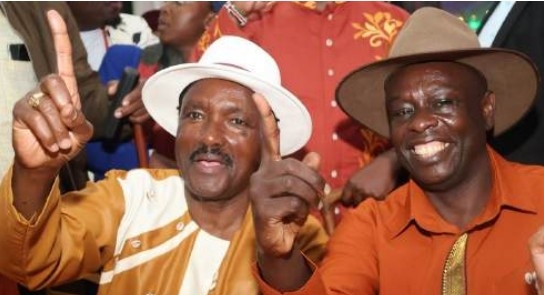Members of Parliament on Wednesday night passed President William Ruto's proposed Finance Bill, 2023.
The Bill passed after a third reading by the National Assembly Finance and National Planning Committee chairman, Kuria Kimani.
It will now be sent to the president to assent, for the proposals to become law.
This now means Kenyans will have to dig deeper into their pockets, to fund Ruto's first budget as Head of State.
The Bill was passed even as the Opposition and the ruling party engaged in a heated debate, over the proposals it contains.
The Bill had 87 proposed amendments, some of which were approved on Tuesday, as the National Assembly debated them deep into the night.
Key among the proposals passed was the 16 per cent value-added tax on fuel, up from 8 per cent.
At least 184 MPs—largely from Kenya Kwanza—supported the bill save for Githunguri MP Gathoni Wamuchomba, whereas 88 MPs—largely from Azimio—opposed the amendment.
The contentious Housing levy, which had initially proposed to be at 3 per cent was also passed after it was amended to 1.5 per cent of gross pay. It had been converted into a tax.
The initial proposal wanted the levy to be saving that Kenyans would claim after seven years.
Tax for digital creators will be charged at 5 per cent. This had initially been proposed to be at 15 per cent.
Other affected are Betting and Insurance withholding tax, which will be charged at 12.5 per cent and 16 per cent.
The Bill has been termed as punitive by Kenyans, backed by the opposition and that it aims to milk dry, the pockets of already struggling citizens.
The government, however, says that these monies are needed to hold stabilise the economy because they found it in a bad state.
President Ruto insists that his administration will not rely on borrowing to fund government projects and pay salaries.






















